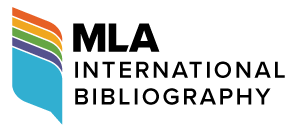Abstract
The American occupation of the Philippines in 1898 saw the official installation of English into the nation’s linguistic ecology. Over a century since and through many socioeconomic developments and national language policies, English continues to thrive as the official second language. Given its privileged status as the medium of instruction alongside Filipino, it is often regarded as the language for upward social mobility and as a source of linguistic and social capital, which is instrumental in improving the socioeconomic plight of many Filipinos. Based on two data sets collected in 2017, this paper investigates Cebu- and Manila-based Filipino university students’ (N=60) attitudes toward and conceptualization of English relative to other (local) languages in their repertoire. Revisiting and employing Kachru’s functional nativeness framework, this paper employs a critical thematic analysis of students’ responses to a sociodemographic survey to investigate the range of domains the students assign their languages to, the attitudes they hold that engender such linguistic choice, and explore the depth of penetration of English in those domains. In doing so, the study shows that participants’ linguistic choices are largely motivated by a strong sense of ownership and identity associated with all the languages in their repertoire. In addition, and significantly important, there is hardly a view of English in rigid, binary terms. This study contributes to the broader discussion and understanding of the sociolinguistics of English language ownership in multilingual societies like the Philippines.
Recommended Citation
Lising, Loy and Bautista, Maria Lourdes S.
(2022)
"A Tale of Language Ownership and Identity in a Multilingual Society: Revisiting Functional Nativeness,"
Journal of English and Applied Linguistics: Vol. 1:
Iss.
1, Article 1.
DOI: https://doi.org/10.59588/2961-3094.1000
Available at:
https://animorepository.dlsu.edu.ph/jeal/vol1/iss1/1





